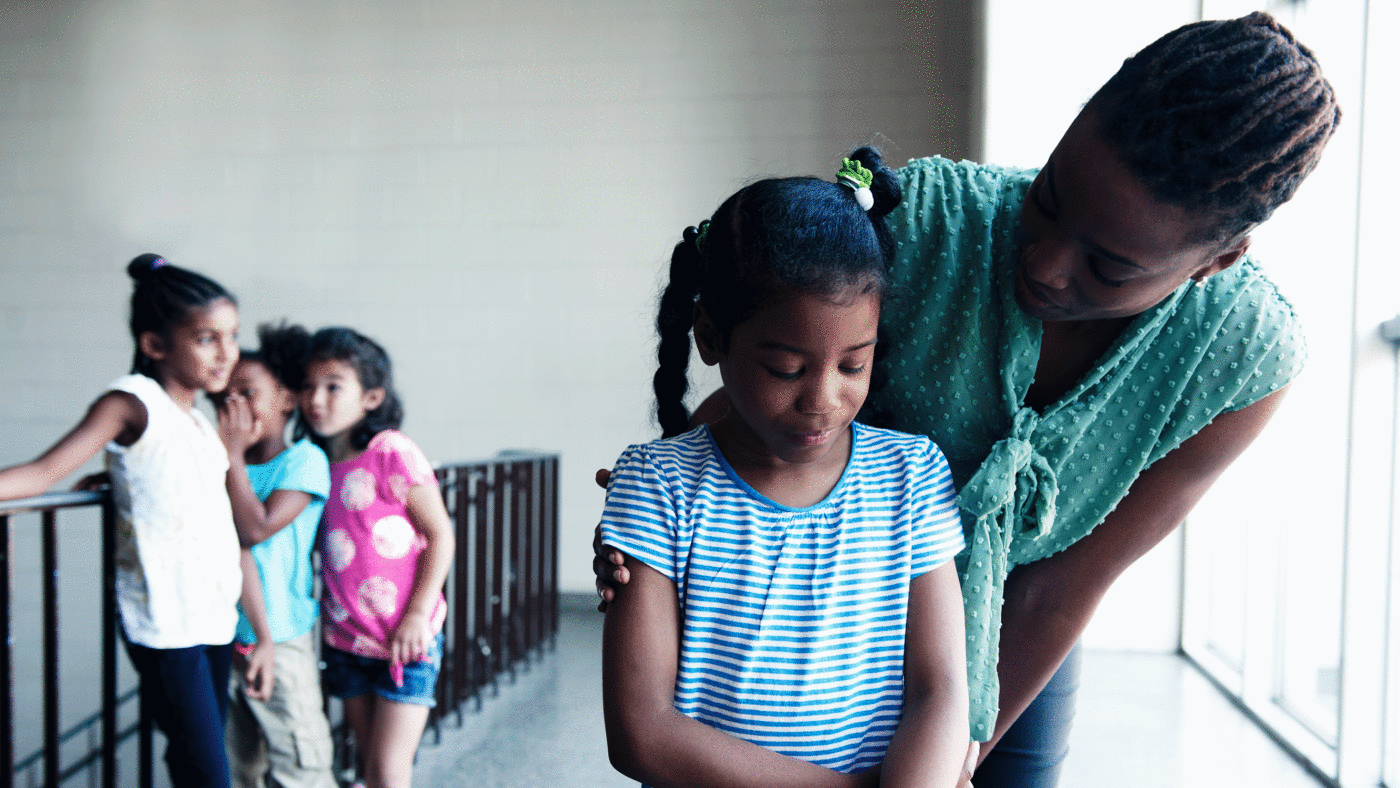Boys passing round nude photos of their classmates, girls being touched inappropriately in school corridors and a culture of sexual harassment so pervasive that children see little point in reporting it – Ofsted’s ‘Review of Sexual Abuse in Schools and Colleges’ makes for disturbing reading.
It should go without saying that schools have a legal duty to keep children safe, but Ofsted found that 80% of girls and 40% of boys felt under pressure to share explicit images of themselves. Sexualised behaviour is rife, with over 90% of girls and over 70% of boys stating that sexual name-calling was common. Pupils also feel that RSE (Relationships and Sex Education, compulsory in all secondary schools since 2020) offers too little to late. Teachers are no more positive, feeling ill-equipped and ill at ease delivering the subject. It comes hot on the heels of a NASUWT/Radio 4 questionnaire in which almost one third of teachers reported having witnessed peer on peer sexual abuse and almost one in ten saw it on a weekly basis.
I am not sure if any comfort can be gleaned from the fact that only about one quarter of perpetrators of sexual abuse are under 18, and only 1.3% of permanent exclusions are for sexual misconduct. The latter could of course mean that most harassment goes under the radar, not least as many pupils are unwilling to report it out of fear, embarrassment, guilt or just a lack of confidence that anything will be done. The report, quite rightly, therefore, advises schools to “assume” sexual harassment goes on, even without specific concrete evidence.
But what more can be done?
Firstly, staff and pupils need to fully understand what sexual harassment is. The report, sensibly, identifies a continuum of issues which start with the one-off inappropriate comment, through to incidents which are deemed problematic, abusive or coercive, through to full sexual violence. Clearly, there is an escalation in seriousness from what’s intended as a “joke” through to sexting, upskirting all the way to coercion.
The Department for Education guidance on sexual violence and harassment encourages staff not to dismiss sexual comments as “banter”, “just having a laugh” or “boys being boys”, but the one-off inappropriate comment is obviously very different from a coercive, physical act, and the two must be dealt with proportionately and appropriately.
The DfE guidance provides a good definition of sexual harassment: unwanted sexual conduct which, “violates a child’s dignity” and makes a child feel, “intimidated, degraded or humiliated”. Knowledge and understanding clearly make a good starting point.
Secondly, we need to urgently and significantly improve the delivery of RSE lessons, for which staff need proper training. Until the latter happens, RSE will remain largely ineffective, unpopular and undervalued by pupils and staff.
RSE lessons must include showing clearly what is acceptable or unacceptable in a friendship and relationship, and must also explain the law, which is there primarily to protect young people. Whilst many youngsters have a vague notion of the concept of “consent”, very few realise that the sending of an indecent image of a person under 18, even of themselves, is illegal, and to send one of another person without their consent could result in being placed on the Sex Offenders Register.
Next, where incidents do occur, schools must be prepared to use disciplinary sanctions. Punishing something sends out a clear message that the behaviour is wrong, as well as proving publicly that a school will protect its pupils. The fact that much “sexting” happens outside of school should not, if it impacts on pupils in the school, prevent disciplinary action being taken. The statutory guidance on exclusions confirms that, “actions outside of school can be considered grounds for exclusion”, whilst the guidance also reminds Heads that, “they must have regard for the interests of other pupils [and adults] at the school”.
Finally, and most difficult to achieve, we must create a school environment in which pupils feel comfortable enough to report and discuss harassment, but also where such incidents are unlikely to occur. We must be clear that any actions which cause upset, humiliation or intimidation will not be tolerated. Sexual bullying is totally unacceptable, as is racial or homophobic bullying, but so too is bullying because children are big or small, rich or poor, clever or not clever, because they are weak, different or because of the colour of their hair.
Ofsted’s report is a shocking indictment of behaviour in our schools. We must act now to make sure they are places where all pupils feel respected, not intimidated.
Click here to subscribe to our daily briefing – the best pieces from CapX and across the web.
CapX depends on the generosity of its readers. If you value what we do, please consider making a donation.


